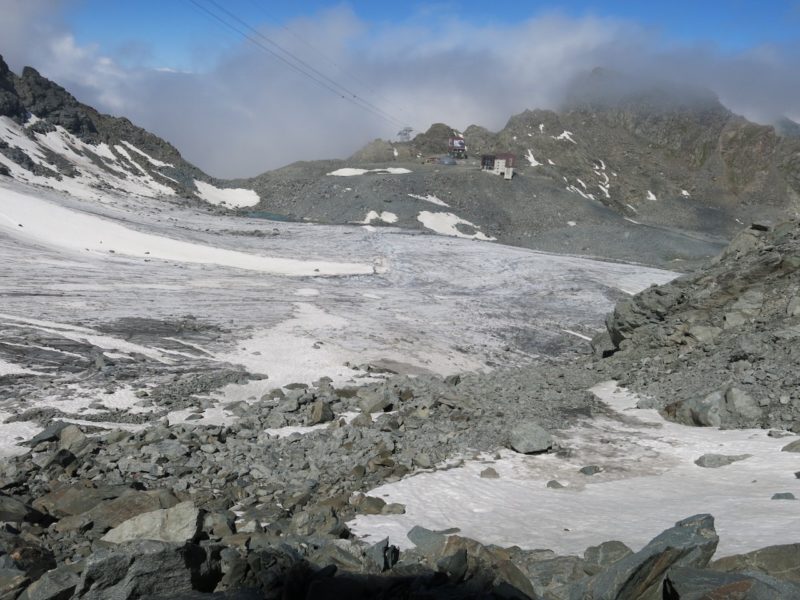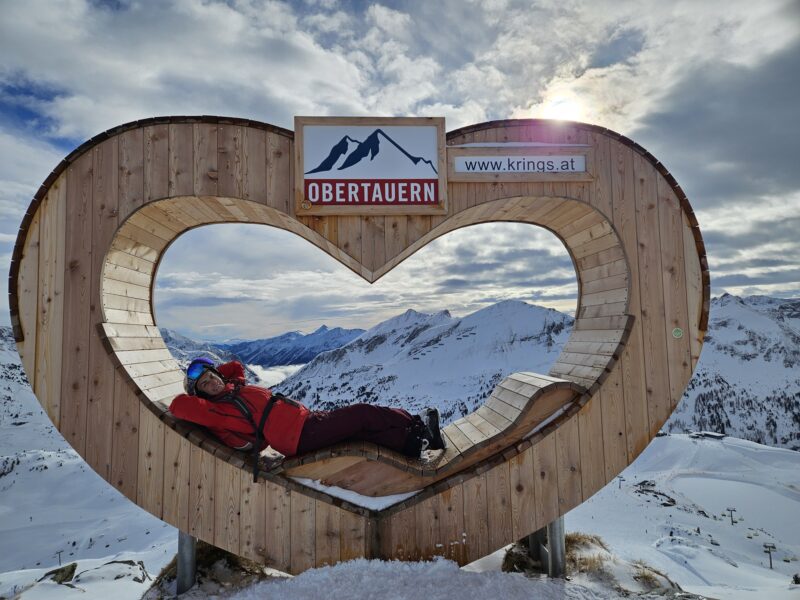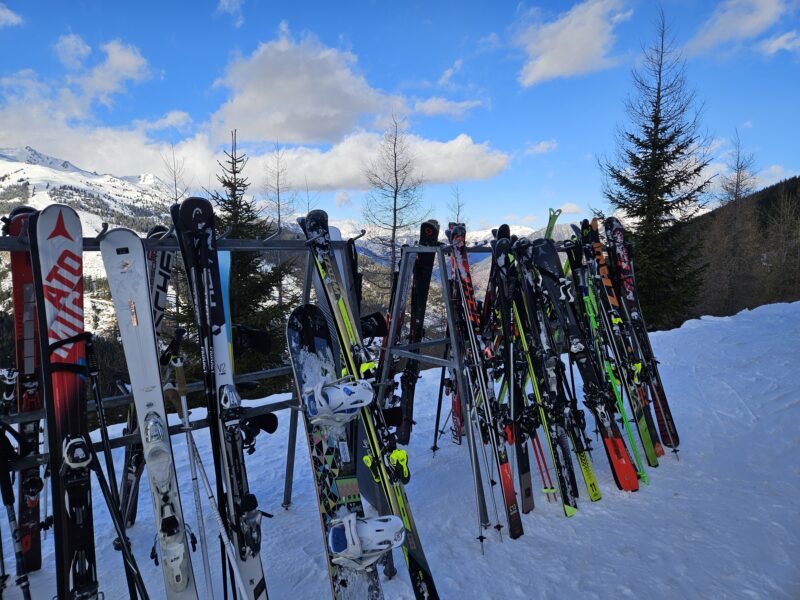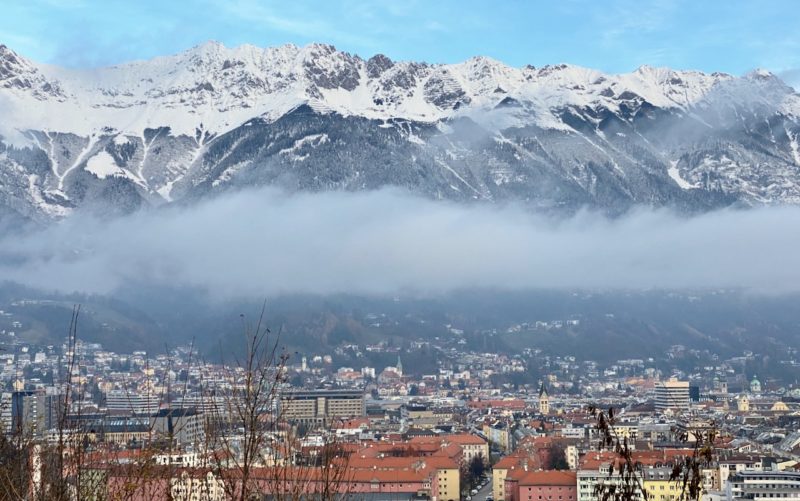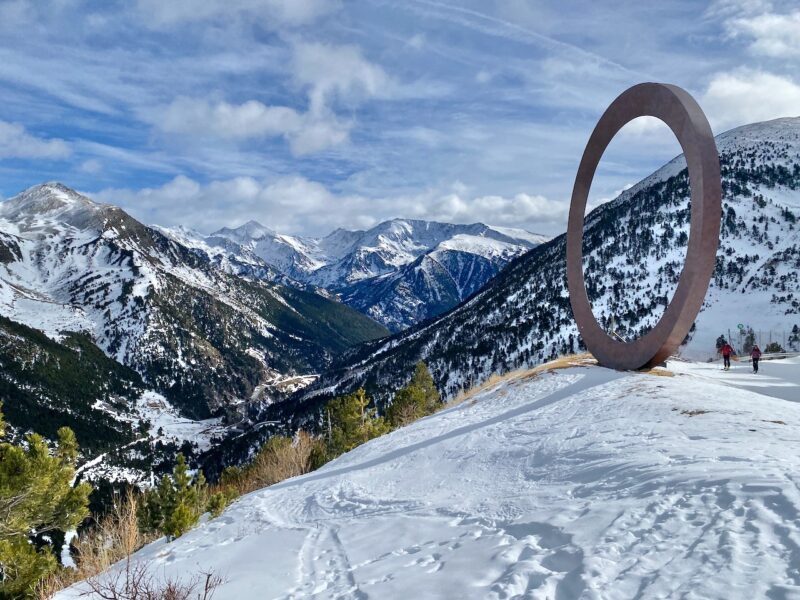New European Border Rules Will Impact UK Skiers Next Season
24th August 2024
Last modified on August 31st, 2024
The EU’s post-Brexit Entry/Exit System, EES, is set to be introduced on 10th November ahead of the ski season. There are fears of long travel delays. Plus it will impact how long people can be in the mountains across the winter. UPDATED
The EES was first set to launch in 2022 but has faced multiple setbacks due to IT issues.
There have also been delays in installing the automated barriers required at all international land, maritime and air borders in the Schengen Area.
Under the new EES non-EU nationals will have to register biometric information the first time they cross the border.
Following Brexit and the UK leaving the European Union the EES system means the passports of UK citizens will no longer need to be stamped, but fingerprints and a photo will have to be taken.
Travellers will also need to answer some questions about their journey.
As the registration process will need to be done in person at the airport, port or station, there have been warnings of bottlenecks as a result.
It is feared there could be huge delays especially at peak times.

Geneva airport. Image © PlanetSKI
For those skiers flying to the mountains of Europe the checks will take place at their arrival airport.
Travellers will need to scan their passports at a self-service kiosk each time they cross an EU external border.
The system will register the traveller’s name, biometric data, and the date and place of entry and exit.
Facial scans and fingerprint data will be taken every three years and are valid for multiple trips within that period.
It will not apply to legal EU citizens or residents or those with long-stay visas.
It will also be introduced for four non-EU countries in the Schengen Area that offer skiing: Iceland, Lichtenstein, Norway and Switzerland.
French authorities will operate EES border checks at the UK’s Port of Dover, Eurostar and Eurotunnel for those skiers and snowboarders driving to the mountains or taking the train.
They are currently working with the UK government to minimise the system’s impact on border flows and traffic, but there are concerns concern about potential waiting times and long delays.

Driving to the Alps. Image © PlanetSKI
Government agencies and representatives for the tourism industry have said that the EES will likely cause long queues for ferry traffic sailing from Dover to Calais.
For those UK residents fortunate enough to take multiple trips to the mountains or own a property the new arrangements and deadlines set could have a significant impact.
UK residents are allowed to spend 90 days out of 180 in the EU and Schengen areas after Brexit.
The key thing is when does the 180-day clock start ticking.
As we understand the situation if you chose to start it in November then, it goes through to May.
Only 90-days allowed in the mountains across the winter.
If you chose to delay the start of the clock ticking this season until February 2025 then you can have 90 before February, and 90 after in subsequent years.
180-days in the mountains across the winter.
In short, the whole winter ski season, with the ‘90 out of 180’ rule having little impact.
We await exact clarification of when the clocks starts ticking and will update when a definitive answer is provided.
See here for more: New EU border rules will affect skiers next winter

Verbier, Switzerland. Image © PlanetSKI
We reported earlier on the detailed plans underway for people travelling into Europe by sea from the UK in this PlanetSKI article.
“The moment is finally there,” said the EU Home Affairs Commissioner, Ylva Johansson
“Everything is coming together. We’re in the final testing phase. There is a real momentum now.
“With the EES we will know exactly who enters the Schengen area with a foreign passport.
“We will know if people stay too long, countering irregular migration. And the EES will make it harder for criminals, terrorists or Russian spies to use fake passports thanks to biometric identification, photos and fingerprints.”
“Carriers, operators, train stations, airports, everyone is getting ready for the big day.”
For further details see here.


